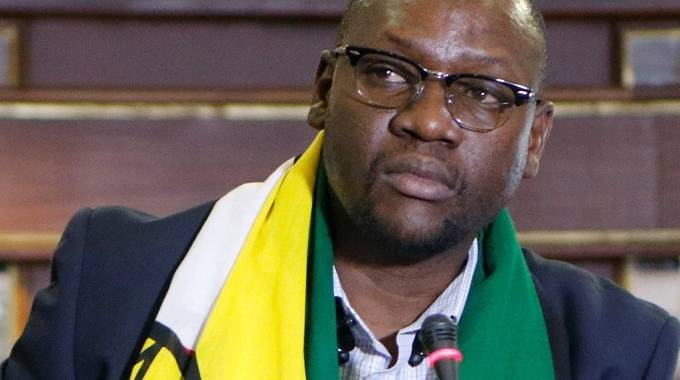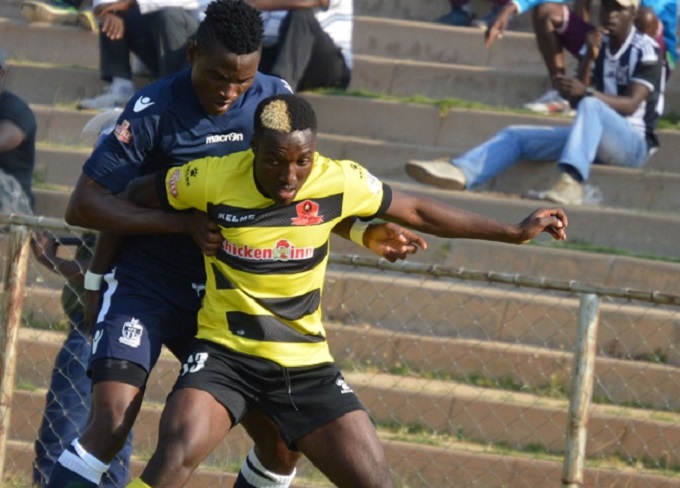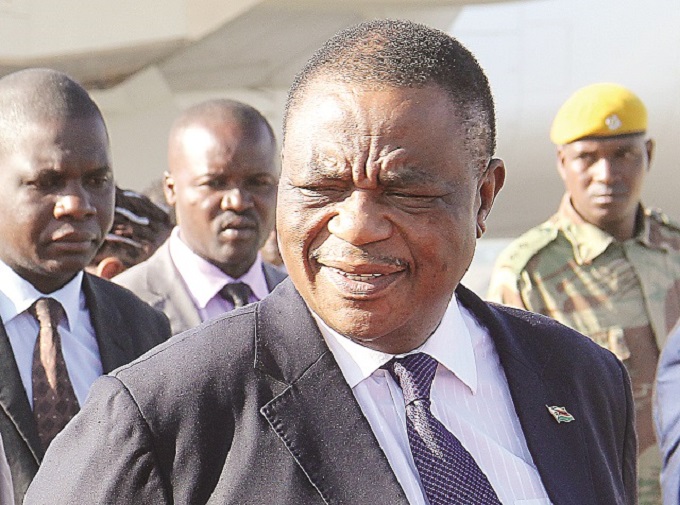How the electorate rejected Povo

Leroy Dzenga, Harare Bureau
When Pastor Evan Mawarire first emerged, many felt he had what it takes to challenge at least for a parliamentary seat.
To be fair to those who saw him as a potential face for our esteemed august House, he seemed to have numbers online.
At some point in 2016, during his brushes with law enforcement agencies the crowd that gathered outside Rotten Row court was enough to justify anyone vouching for Mawarire’s relevance in politics. But then came reckoning time, like the humble man he says he is, he avoided where people thought he belonged and decided to build from the ground up.
Instead of running for parliament where political punters had placed him, Mawarire decided to try his luck in the council election and he lost.
His failure may not have been because of lack of popularity but the vehicle he chose to chart his path to Town House.
In the run up to the election, Mawarire and a number of acquaintances launched what they called People Own Voice shortened to Povo.
Their launch was a show of extravagance what pointed to the birth of a strong political entity but as they say, early signs have little significance, only time has the ability to tell.
Time did tell and the political grouping (they said they were not a party) did not get a single seat, despite their ambitions being representatives of what the people of Zimbabwe purportedly said they wanted.
Povo members said they were a group of well-meaning private individuals who decided to come together to try and manage public office, particularly council, better than politicians they were trying to replace. What went wrong?
Povo had all the characteristics of a political party when it emerged accompanied by hype from generous political commentators on the web.
It was branded like a political party and marketed in the same manner that political parties are but the members did not admit that it was one.
“Povo is a new idea for the citizens of Harare who want to bring back Harare to being the Sunshine city again. Povo is not a political party and not a mudslinging platform for existing players but a credible alternative for the residents of Harare for better service delivery,” Mawarire told the media after Povo’s launch.
The idea of so-called independent candidates who came together to form a group with a name but without description did not entice the electorate.
It was a tricky concept from its inception. Prominent Povo members claim they did not see a home in political parties, but they went on to create a surrogate political party to run for council elections.
Independents sold themselves short by assuming there is strength in numbers, it may be applicable in praise and worship groups where most who made the Povo roster came from but in the tough political terrain, convoluted independence can sink even the influential.
Besides their cocktail image, after its launch not much was heard of Povo. This is besides the fact that it was home to popular internet characters like Evan Mawarire, Duduzile Nyirongo, and Marshal Shonhai and eight others.
Although they ran fairly consistent campaigns on their internet walls and in constituencies (to some extent), the collective brand Povo did not show face often enough to convince voters.
With the type of launch they had, one would have envisioned rallies and other super-creative campaign methods.
With chartered accountants, entrepreneurs, event planners in their books, Povo as a brand fared terribly in the election. They did not remotely reflect the brains they had in the team.
The so-called cream of private individuals “who just want to see better governance” failed to rise to the occasion where it mattered the most, the elections.
Besides their strategies, it was difficult for the electorate to take them seriously without a leader.
Every grouping needs a strong individual to provide it with direction and Povo did not have this figurehead.
Pastor Mawarire would have been a natural choice to lead considering that he is better known than his colleagues. Instead, they decided to run a weird model where everyone was on the same level, maybe trying to affirm their different methods of operation from that applied by parties.
Standing against parties which have strong leaders at the helm in Zanu-PF and the many versions of the MDC, a Povo victory was going to be a new phenomenon in Zimbabwean politics.
Not even a single victory materialised from their seemingly elitist idea.
Only two of the 11 candidates ran in high density suburbs with others running in low density suburbs.
It appeared to be a club of the well-endowed, even those who ran in high density suburbs did not really have. As we look back to the just ended elections, Povo will be remembered as a political experiment gone wrong.
Politics is a game of clear ideas, outrageous or otherwise. A lot of things are permissible in politics except ambiguity, which sadly was the heart of how Povo decided to project themselves.
If the project still exists, it needs radical restructuring moving it from the utopian political outfit it was to match the realities to which the 11 council hopefuls they fielded were awakened to.
Harare saw city fathers take their oaths of office, and Povo did not have a single representative.
Maybe the actual povo did not buy into Povo’s vision. As they say in the streets, Povo yakaramba!











Comments